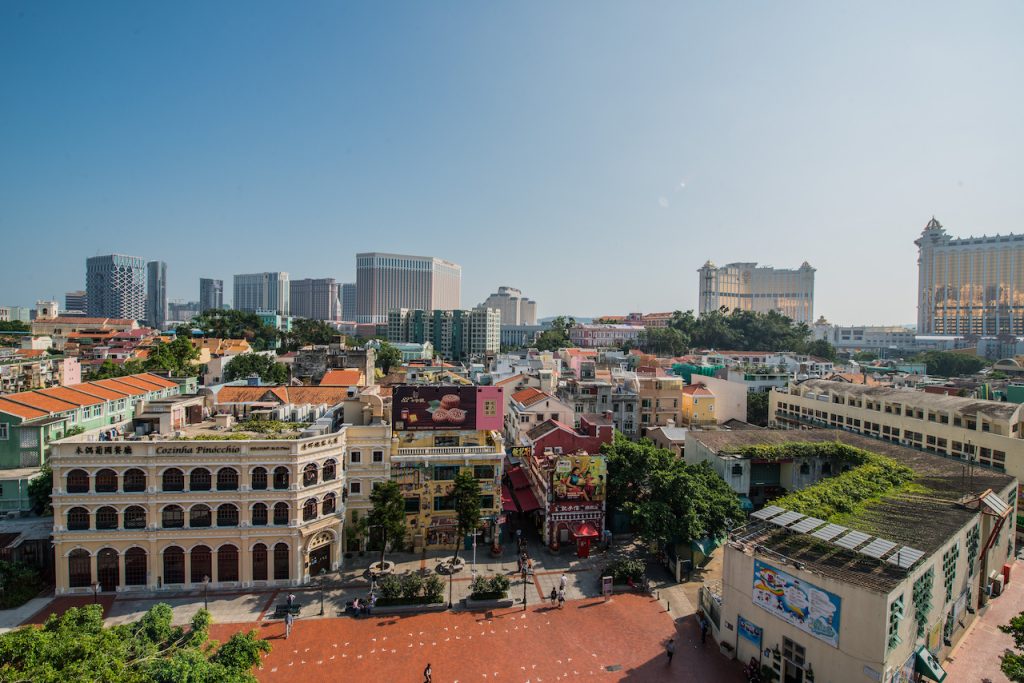The Macau government has put forward new requirements for gaming concessionaires in response to its diversification development needs, with a source saying the new mandates are delaying their investment plans.
Various sources confirmed that the negotiations between gaming operators and the government have reached a stalemate, as the Macau authorities have changed their requirements regarding the concessionaires’ investment plans.
According to a source close to various gaming operators, the government has required all gaming operators to submit detailed plans for each investment project, including strong evidence that their projects will promote Macau’s four major industries. These industries include sci-tech research and high-end manufacturing, traditional Chinese medicine, cultural tourism, MICE, and modern finance.
A source told AGB that the gaming operators were surprised by the specifics required for each investment area, noting that “the government’s feedback let them know they weren’t being detailed enough. The requirements are now not only the amount of investment and the content of activities but also about bringing social benefits and promoting the development of Macau’s four major industries.”
Macau’s Gaming Inspection and Coordination Bureau (DICJ) is responsible for collecting all the investment plans from each gaming operator and distributing the plan to different public services for evaluation.
For example, the high technology projects are going to be evaluated by the Economic and Technological Development Bureau. The cultural projects are going to the Cultural Affairs Bureau.
As the gaming operators were only informed of the government’s requirements lately, the previous proposals have already failed to meet official expectations.
The same source said that the government had introduced Key Performance Indicators (KPIs) to monitor the operators’ performance on their proposed investments.
Some gaming operators plan to arrange areas under their properties to be exhibition spaces for high-technology products or services, while some investment plans will be realized by purchasing SMEs’ services or products.
According to the source, so far no concessionaires have submitted projects to support Traditional Chinese Medicine-related industries because “they do not know how to start”.
In the aftermath of last year’s re-tendering process, where all six concessionaires submitted comprehensive investment proposals to secure new 10-year gaming concessions, Melco Chairman and CEO Lawrence Ho recently disclosed that the group was undergoing “extensive negotiations” with the government.
The same source explained that the previous investment proposals were elaborated during COVID, a situation vastly differing from Macau’s tourism recovery. Under these circumstances, the gaming companies took the initiative to renegotiate with the government.

Old districts revitalization plans still in question
The six gaming operators have also been tasked with helping the government to revitalize old districts, in the city’s bid for diversification. However, some projects are going to be postponed as each plan needs to be approved by different public services.
“Some gaming operators have submitted twice proposals until now, but the Government disagreed with some ideas. So the plan is under revision,” notes a source.
All told, the six operators are planning to renew Macau’s six old districts, including Barra (near A-Ma temple), the Inner Port area, the Old Taipa Village, and the northern part of the Macau Peninsula.
Some concessionaires announced certain development plans after getting the gaming license, such as MGM helping to develop the Barra area, and SJM renovating the Inner Harbor zone. But in fact, “when the relevant plan is implemented, they realize that every detail needs to be debated and approved by the government.”
Macau has long struggled with its attempt to diversify its economy away from gaming, as gaming tax contributes up to 85 percent of government revenue. But the recent stance towards operators further clarifies that the government has placed the onus of development firmly on the shoulders of the operators who, under the requirements of their new concessions, have no choice but to comply with the ever-shifting requirements.
Concessionaires have pledged some $14.8 billion in investment over the 10-year period of their new concessions, with more than 91 percent dedicated to non-gaming.











